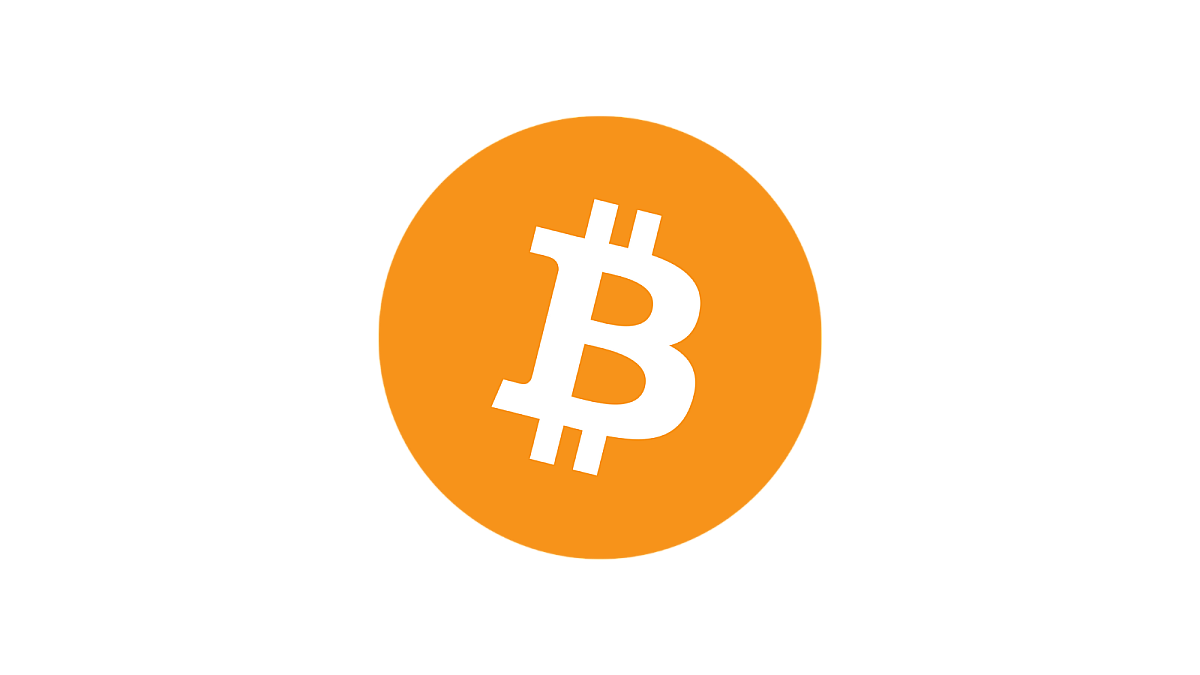
Bitcoin ($BTC)
Bitcoin ($BTC) is the first and largest cryptocurrency within the crypto landscape. It provides an alternative to the traditional centralized financial system. Bitcoin is digital and sovereign money; it exists independently of the efforts of any government, central bank, or commercial company. The power over it lies with the users, who collectively ensure that everyone adheres to the rules. There is, therefore, no central entity that can change the rules midway, such as increasing the money supply. That's why Bitcoin is often referred to as 'digital gold.'

Ethereum ($ETH)
Ethereum is the second-largest cryptocurrency in the crypto landscape after Bitcoin. Users can build and execute decentralized applications on Ethereum, making it a crucial driver of innovation within the crypto market. Additionally, Ethereum is renowned for its smart contracts, which are self-executing contracts where the agreements between the buyer and seller are recorded in the contract's code. The token $ETH is used for executing transactions on the network and reward ETH holders who have staked tokens.

Tether ($USDT)
Tether is the company behind the stablecoin USDT. Stablecoins differ from other crypto assets as they designed to have a stable value. The value of one USDT represents $1. Tether issues the $USDT token based on collateral, meaning that for each USDT, Tether holds an equivalent value of collateral, mainly consisting of U.S. dollars and government bonds. USDT can be used as protection against a volatile market and enables reliable, fast, and efficient transactions. USDT operates on multiple blockchains, and at Amdax, we only use the Ethereum blockchain.
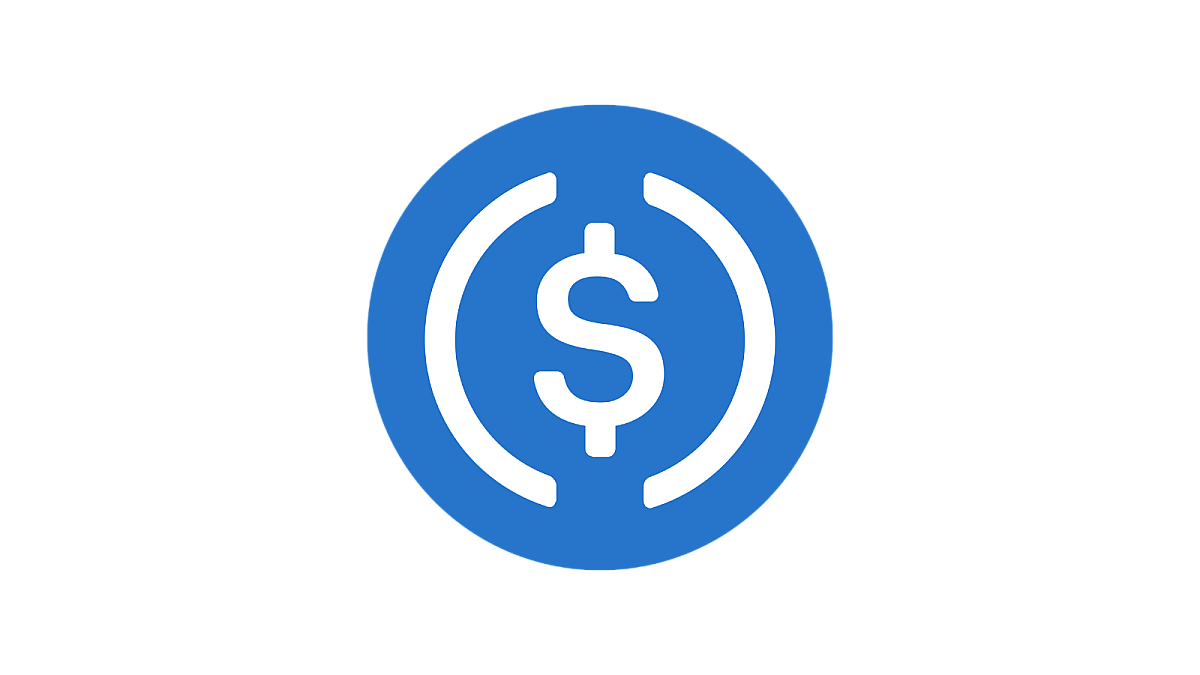
USD Coin ($USDC)
USD Coin is a stablecoin issued by the company Circle. Stablecoins differ from other crypto assets as they are designed to maintain a stable value. The value of one USDC is represented by $1. Circle issues the USDC stablecoin based on collateral, meaning the company holds an equivalent collateral for each USDC. This collateral consists mostly of U.S. dollars and government bonds. This reserve is kept in various ways. USDC can be used as protection against a volatile market and aims to execute transactions in a reliable, fast, and efficient manner.
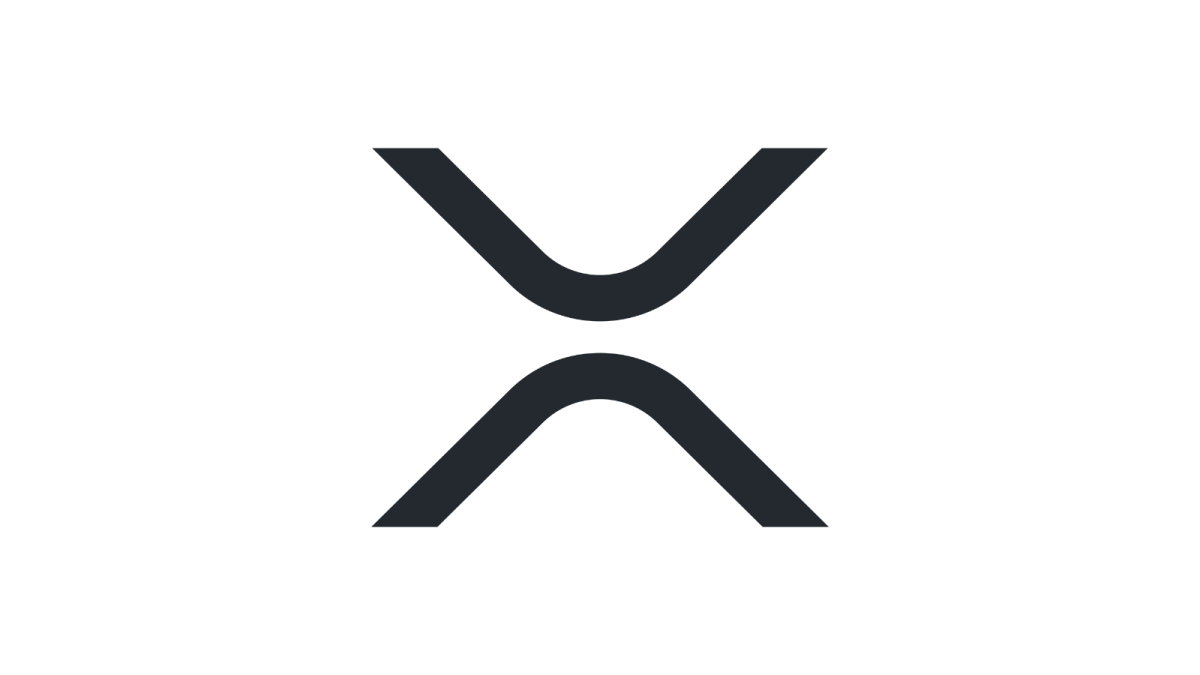
Ripple ($XRP)
Ripple is designed to enable cheap and fast payments without a third party. The Ripple network utilizes a distributed ledger called the 'XRP Ledger.' Through a unique consensus algorithm, transactions are quickly and efficiently validated and verified. The token $XRP is used to facilitate transactions on the network and pay for transaction fees. Ripple can also act as a means to transfer money faster between different currencies.

Cardano ($ADA)
Cardano ($ADA) is a blockchain platform designed for the development and execution of smart contracts and decentralized applications (dApps). Cardano utilizes a two-layer architecture, enabling more efficient development and deployment of smart contracts. The token $ADA is used for transactions and network security. Additionally, users can stake tokens in exchange for rewards.
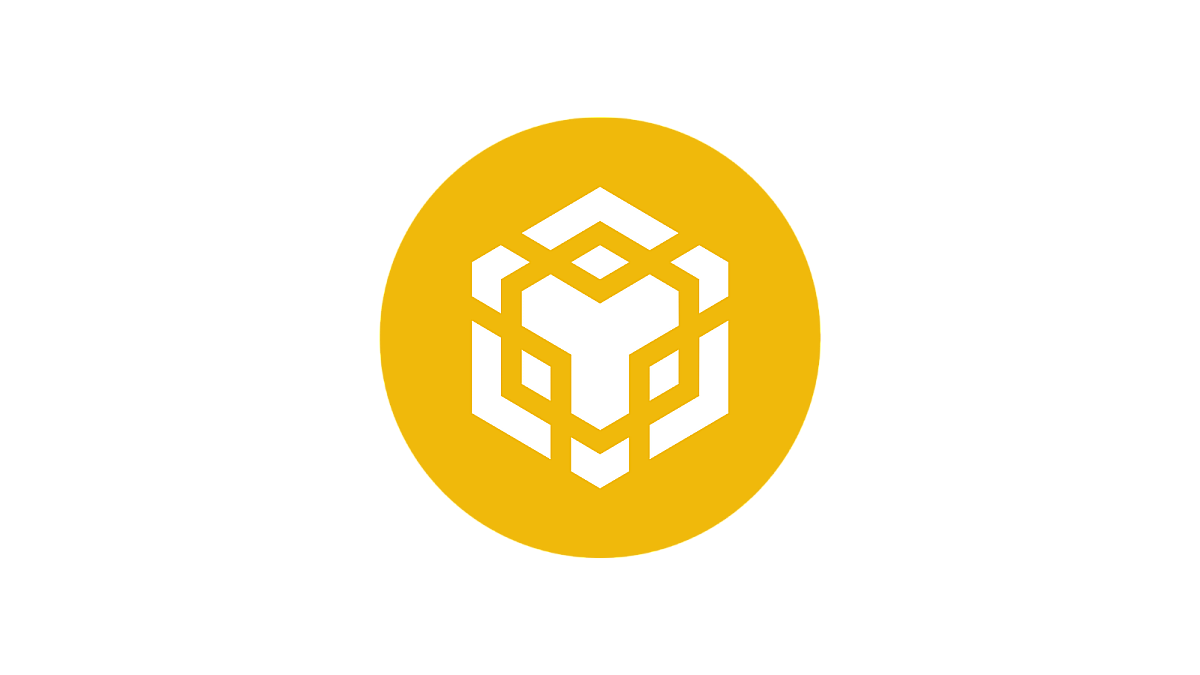
Binance Coin ($BNB)
Binance Coin is the token of the cryptocurrency platform Binance. The Binance Coin is originally issued as an ERC-20 token on the Ethereum network. When Binance later launched its own Binance Smart Chain, the BNB tokens were migrated. BNB is used to pay for transactions on the Binance Smart Chain and reduces trading fees on the exchange if you choose to pay transaction fees with BNB. Additionally, the BNB token can be used for various other activities, such as staking, participation in savings programs, and as a means of payment on the Binance NFT marketplace. Staking BNB is not possible at Amdax.
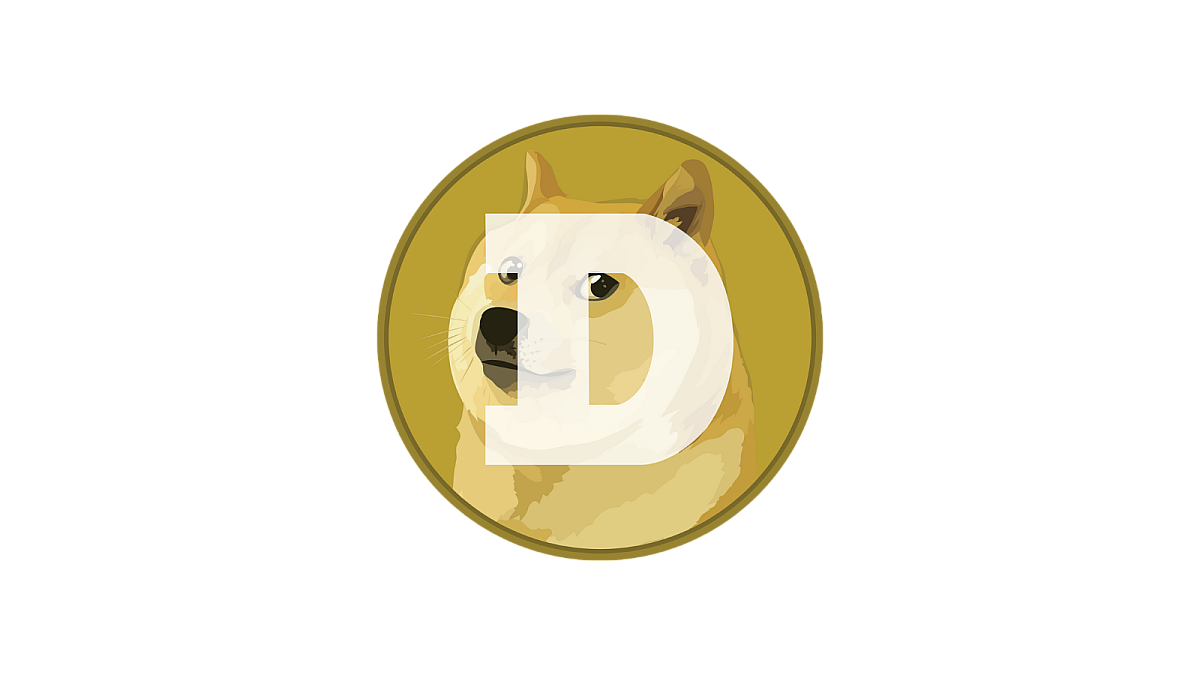
Dogecoin ($DOGE)
Dogecoin is developed in 2013 as a joke. The developers created Dogecoin as a parody of bitcoin and other serious cryptocurrencies. To the surprise of the developers, the popularity of Dogecoin quickly increased, and it has established itself among other highly valued cryptocurrencies, mainly due to the large group of supporters backing the cryptocurrency. A characteristic of Dogecoin is its logo with the image of a Shiba Inu dog.

Polygon ($MATIC)
Polygon is an Ethereum-based layer 2 solution, developed to increase transaction speed and reduce costs. Polygon aims to enable developers to build faster and cheaper decentralized apps on the Ethereum network. The token $MATIC is used to process transactions, secure the network, and reward MATIC holders who have staked tokens.
Layer 2 solutions, like Polygon, are built on top of an existing blockchain to handle transactions faster and more efficiently. They leverage the core features and security of the underlying blockchain.
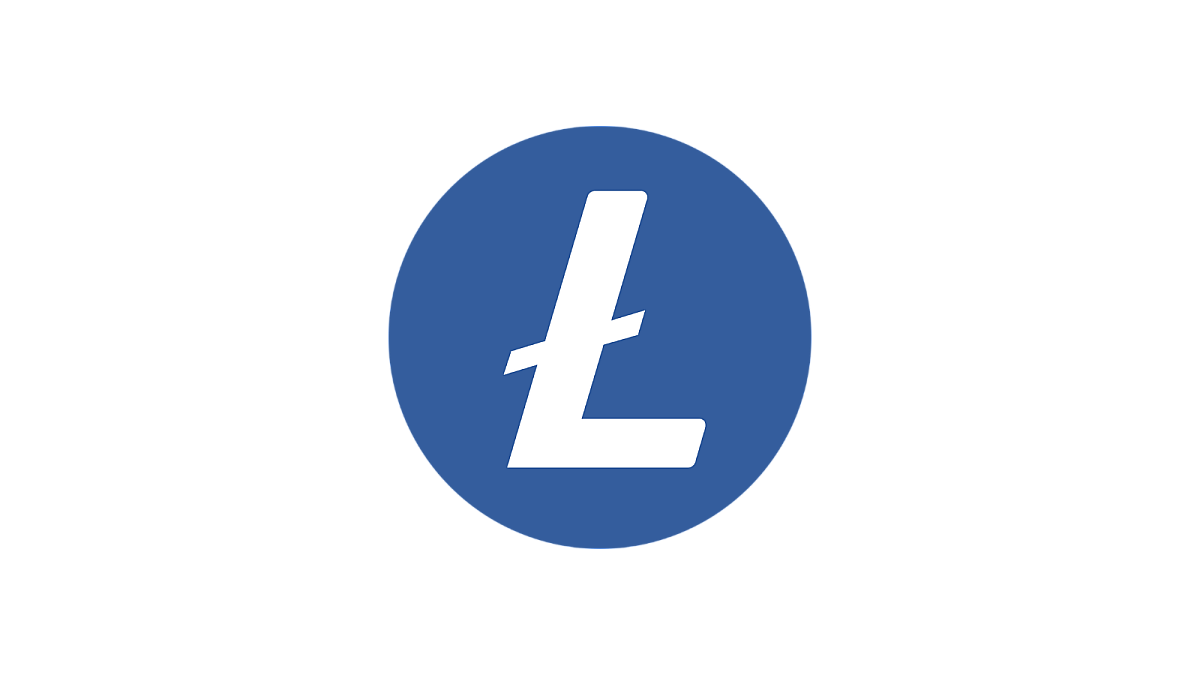
Litecoin ($LTC)
Litecoin ($LTC) is a cryptocurrency that is similar to Bitcoin. It is designed for fast, digital transactions without intermediaries. All transactions are stored in a public and transparent ledger on the blockchain. Litecoin is developed for the execution of small transactions and to be efficient for everyday use.

Polkadot ($DOT)
Polkadot ($DOT) is a blockchain platform for building decentralized applications (dApps). Polkadot uses a sharding mechanism that allows multiple blockchains to work in parallel. This aims to improve scalability and interoperability between different blockchains. $DOT is used for validation, network participation, governance, and staking.

Solana ($SOL)
Solana ($SOL) is a blockchain platform for building and using decentralized applications (dApps). A unique feature of Solana is the Proof of History protocol. This protocol uses time instead of miners for transaction verification, increasing the speed and efficiency of transactions. The token $SOL is used to pay for transaction fees, and to reward SOL holders who have staked tokens. Additionally, $SOL is used as a governance token. That allows SOL holders to vote on changes within the network. It is not possible to vote on the Solana network via Amdax.
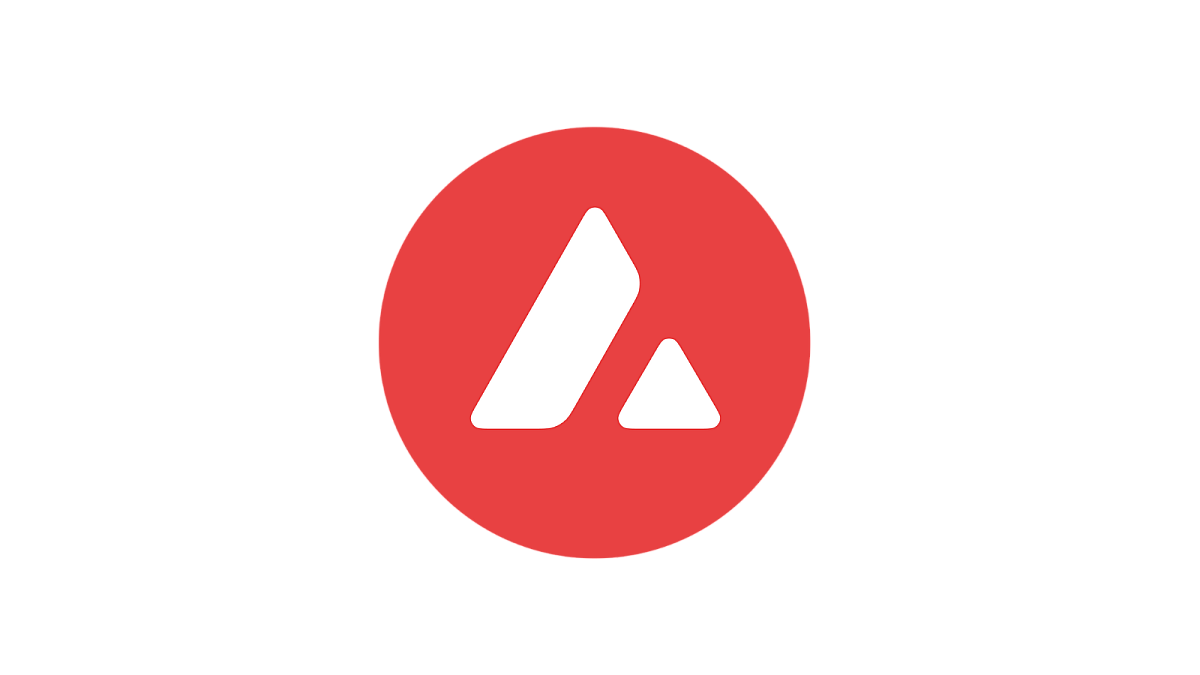
Avalanche ($AVAX)
Avalanche ($AVAX) is a blockchain platform developed to enable fast and scalable decentralized applications. Performance and security play a crucial role in this. The network can process thousands of transactions per second with low fees and short processing times. The token $AVAX is used to pay for transaction fees, staking, and voting on upgrades and changes to the network. Voting on changes is not possible via Amdax.

Chainlink ($LINK)
Chainlink ($LINK) is a decentralized oracle network that brings data from outside the blockchain into the blockchain. An oracle network acts as a bridge between the blockchain and the outside world. Oracles send this data to smart contracts on the blockchain. Chainlink aims to securely and reliably transfer this data. The token $LINK is used as a payment method for using Chainlink services and to reward data validators.

Stellar ($XLM)
Stellar ($XLM) is a decentralized payment network that enables fast and low-cost cross-border transactions, with financial inclusion as its goal. Stellar utilizes the Stellar Consensus Protocol, where, unlike other mechanisms, a small group of nodes is used to validate transactions, allowing transactions to be confirmed quickly. The $XLM token is used to pay for transaction fees and reward validators.

Uniswap ($UNI)
Uniswap ($UNI) is a decentralized exchange (DEX) built on the Ethereum network. Users can trade cryptocurrencies through Uniswap without the intervention of a third party. Uniswap utilizes an automated market maker (AMM) system, which calculates how many tokens are available for buying and selling using an algorithm. The token $UNI is used to vote on changes in the protocol. Voting on changes on Uniswap is not possible at Amdax.
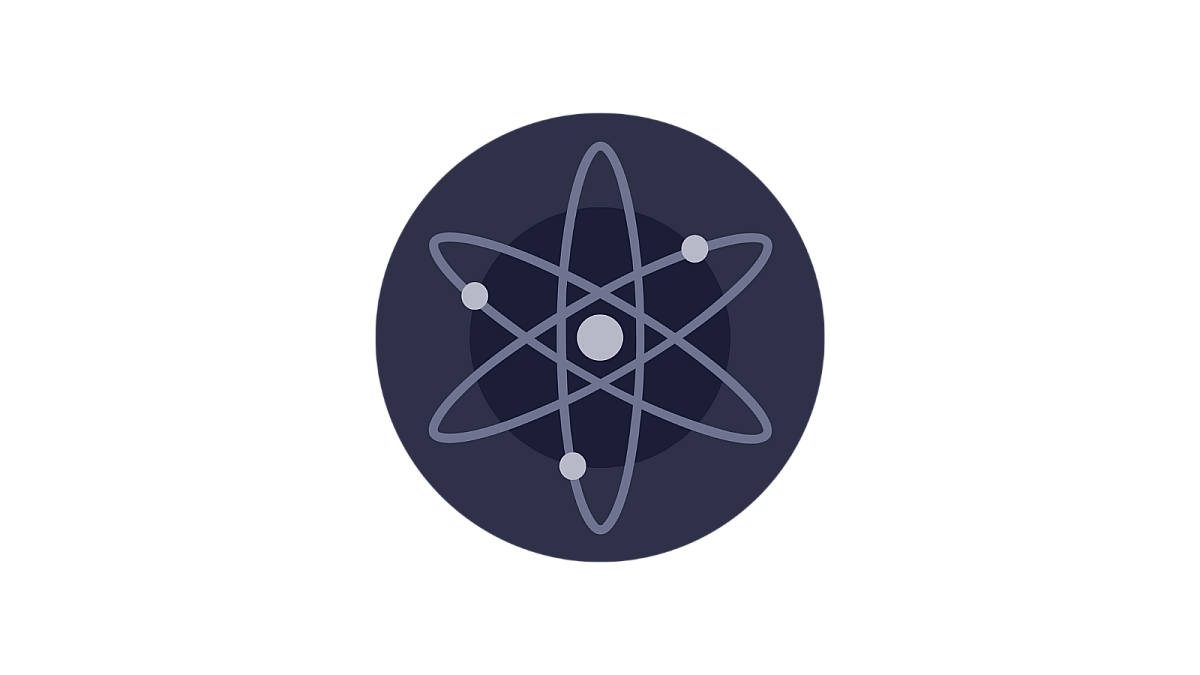
Cosmos ($ATOM)
Cosmos ($ATOM) is developed to connect different types of blockchains through its own ecosystem, similar to how the internet connects various computers. Cosmos tries to promote interoperability, creating new possibilities by linking different blockchains. Additionally, Cosmos aims to improve blockchain scalability. The token $ATOM is used for sending transactions, staking, and voting on changes within the Cosmos ecosystem. Voting on changes on Cosmos is not possible via Amdax.

NEAR (NEAR)
NEAR ($NEAR) is a platform developed to build secure, scalable, and user-friendly apps. To increase the scalability of the network, NEAR uses Sharding technology, allowing transactions to be executed in parallel. The token $NEAR is used to perform transactions on the NEAR blockchain and vote on changes within the protocol. However, this is not possible via Amdax. Additionally, $NEAR is used to reward participants who have staked tokens. Staking is possible via Amdax.

Arbitrum ($ARB)
Arbitrum ($ARB) is a second-layer scaling solution built on Ethereum with the goal of achieving higher transaction speeds at lower transaction costs. Arbitrum uses roll-ups, a technology that verifies computations and transactions outside the Ethereum network and then processes them as a single bundled transaction on the Ethereum blockchain. This reduces the burden on the Ethereum network and aims to improve scalability.
The token ARB is primarily used for governance, providing voting rights on the Arbitrum blockchain. As an ARB holder, you can, for example, vote on proposals to upgrade the protocol, change transaction fees, or have a say in other changes that influence the future of Arbitrum. Voting on changes on Arbitrum is not possible at Amdax.
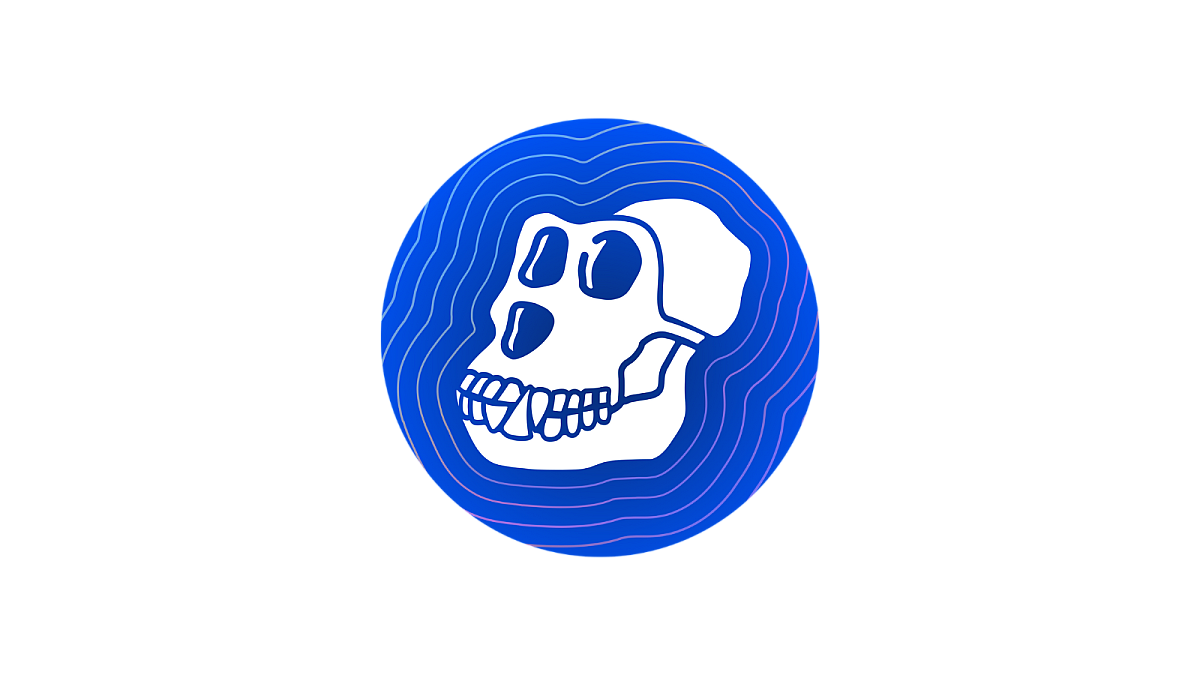
ApeCoin ($APE)
ApeCoin ($APE) was created by Yuga Labs, the founders of the Bored Ape Yacht Club ecosystem, among others. ApeCoin serves as both a governance and utility token, meaning that as a holder of ApeCoin, you gain exclusive benefits within the Ape ecosystem. Additionally, you can vote on changes to the club rules, collaborations, and decisions. The ApeCoin Foundation is then responsible for executing the decisions. The NFT collection Bored Ape Yacht Club, consisting of ten thousand unique cartoon apes, plays a central role within the ecosystem.

Quant ($QNT)
Quant ($QNT) focuses on improving connections between different blockchains, also known as interoperability. The project is developing an infrastructure that allows organizations and governments to connect products to various blockchain networks. As a result, users can benefit from the advantages of different blockchains without being limited to a specific network. The token QUANT ($QNT) is an ERC-20 token and the native token of the Quant network. Users of the network require QNT tokens to pay for platform usage.

Sonic ($S)
Sonic (formerly Fantom) is a blockchain platform that enables developers to build decentralized applications (dApps). The platform serves as the foundation for various projects in categories such as decentralized finance (DeFi), gaming, NFTs, and more. Sonic utilizes an enhanced consensus mechanism, making the network extremely fast, secure, and scalable. The native token S functions as a governance token, allowing holders to vote on proposed protocol changes. Additionally, transaction fees on the Sonic blockchain are settled in S. Note: Voting on changes to Sonic is not possible via Amdax.
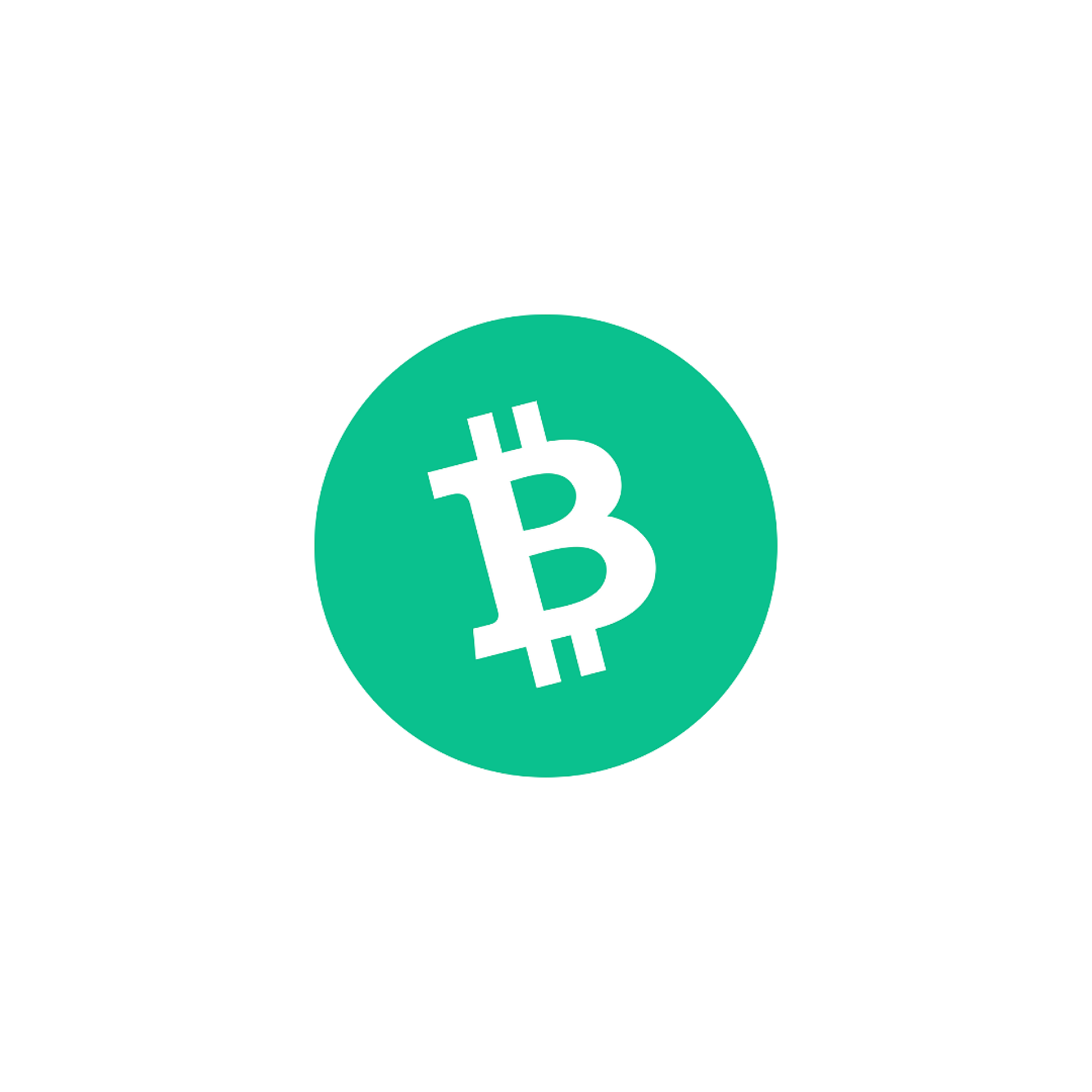
EOS ($EOS)
EOS ($EOS) is a blockchain platform designed to develop decentralized applications (dApps). The main goal of EOS is to provide a user-friendly, efficient, and scalable platform for dApp development. The token $EOS is used for governance and voting rights on the EOS blockchain. Voting on improvements on EOS is not possible via Amdax.
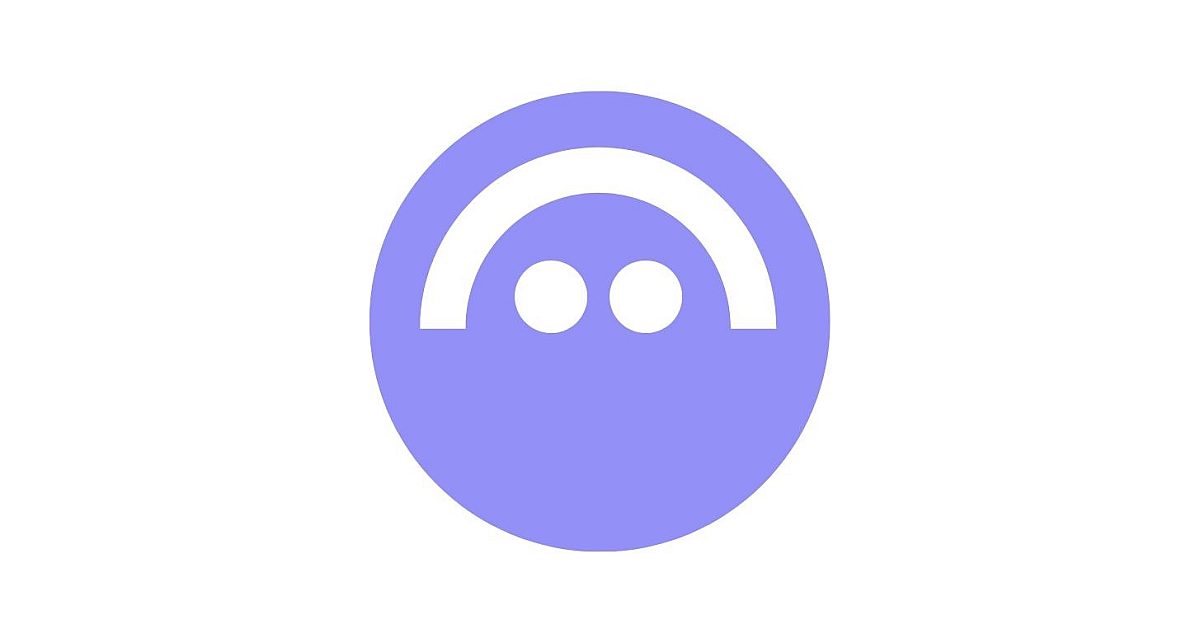
Aave ($AAVE)
Aave ($AAVE) is a decentralized lending platform where users can transparently borrow and lend crypto assets without intermediaries. Users can choose their loan terms, such as interest rates and duration. The platform is mainly active on the Ethereum network. The token AAVE is a governance token and used for voting on changes within the protocol. You can also use the token to get more favorable terms or discounts when borrowing or lending crypto assets, and it is possible to stake $AAVE. However, at Amdax, it is not possible to vote on changes, stake $AAVE, or borrow/lend.
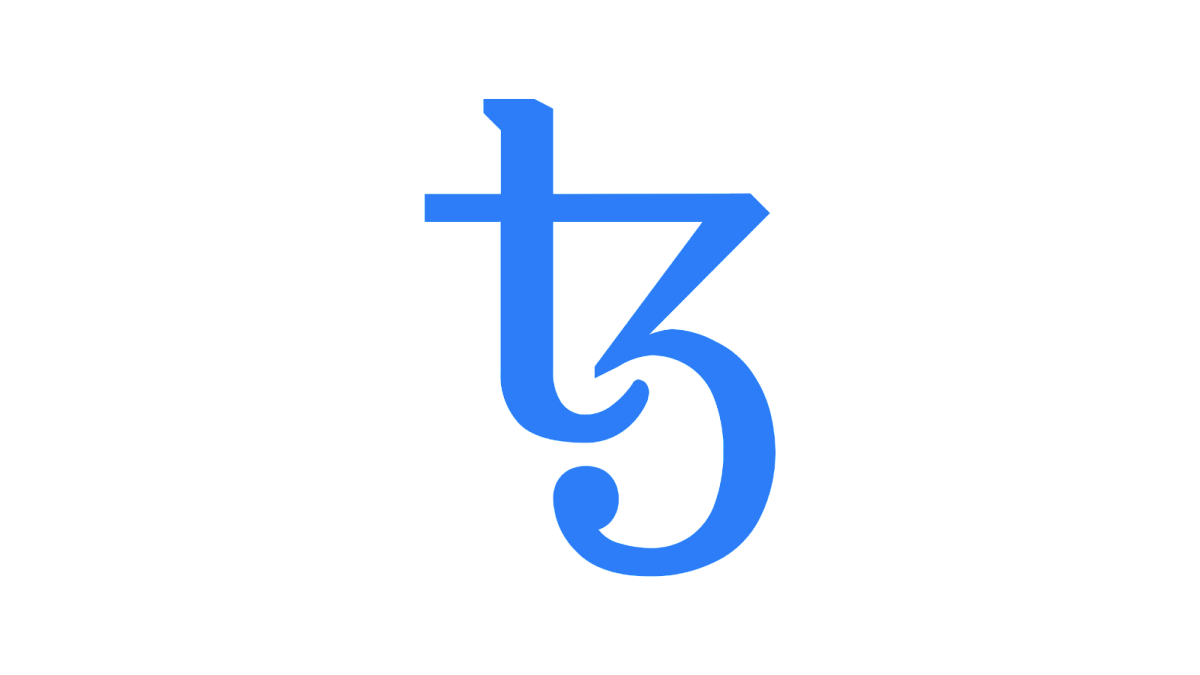
Tezos ($XTZ)
Tezos ($XTZ) is een decentraal blockchainplatform, dat zich richt op schaalbaarheid, veiligheid en bestuurbaarheid. Uniek aan Tezos is dat het netwerk zichzelf kan wijzigen en upgraden zonder te splitsen in een nieuwe blockchain. Dit is mogelijk door on-chain governance, waarbij stakeholders in het Tezos-netwerk kunnen stemmen over voorgestelde upgrades. Naast governance wordt de XTZ-token ook gebruikt om deelnemers die XTZ in staking hebben staan te belonen en transacties te betalen. Het is niet mogelijk te stemmen over veranderingen op Tezos bij Amdax. Wel kun je $XTZ bij ons in staking zetten.

Kusama ($KSM)
Kusama ($KSM) was founded by Gavin Wood, who is also the founder of the Polkadot protocol. It is a scalable network of different blockchains that shares almost the same codebase as Polkadot. The Kusama network is designed as a laboratory where developers can quickly experiment and innovate, preparing for implementation on the Polkadot network. The token $KSM is used to pay for transaction fees and reward participants who have staked KSM tokens. Additionally, KSM holders can vote on decisions within the network. It is not possible to vote on changes on Kusama at Amdax. However, you can stake $KSM with us.

Concordium ($CCD)
Concordium ($CCD) offers businesses a secure and privacy-friendly way to verify and record data and transactions on the blockchain. Concordium has developed an integrated identity system that ensures regulatory compliance and transparency, enabling companies to operate securely and in compliance with laws and regulations on the blockchain. The $CCD token is used to reward participants who have staked CCD tokens.
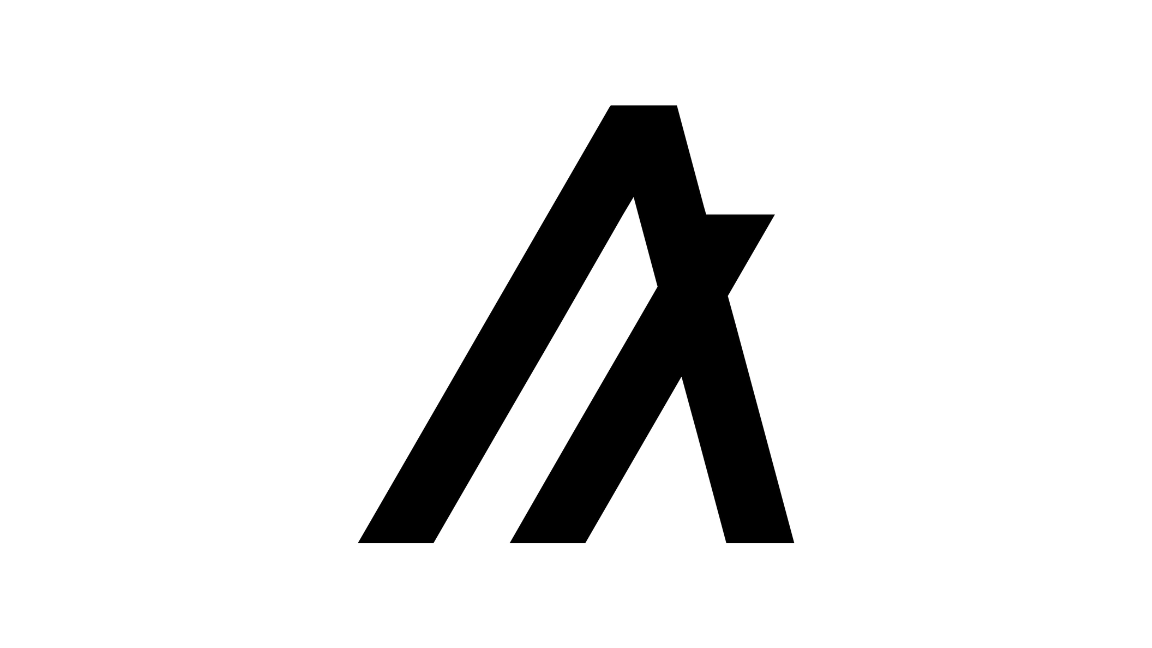
Algorand (ALGO)
Algorand is an energy-efficient blockchain platform that uses the Pure Proof-of-Stake mechanism. Validators are randomly selected based on their ALGO holdings, without requiring tokens to be locked. This enables fast and secure transactions. ALGO is used for transaction fees and governance. Holders can vote on network decisions and earn rewards.

Flare (FLR)
Flare is a layer 1 blockchain that gives smart contracts access to secure and reliable external data. Using the Time Series Oracle and State Connector, Flare can retrieve information from other blockchains and the internet. The FLR token is used for transaction fees, staking, and governance. Stakers help secure the network and earn rewards.

Hedera (HBAR)
Hedera is a distributed network where transactions are recorded securely and transparently. Instead of blockchain, it uses the efficient Hashgraph algorithm, enabling fast processing and low energy use. The HBAR token is used for transaction fees, staking, and network security. Through proxy staking, users can delegate their HBAR to trusted nodes and earn rewards for supporting the network.

Jupiter (JUP)
Jupiter is a DEX aggregator on Solana that automatically finds the best price for token swaps. This allows users to benefit from the most efficient trading routes with minimal slippage. JUP is the governance token, giving holders the ability to vote on proposals within the Jupiter ecosystem.
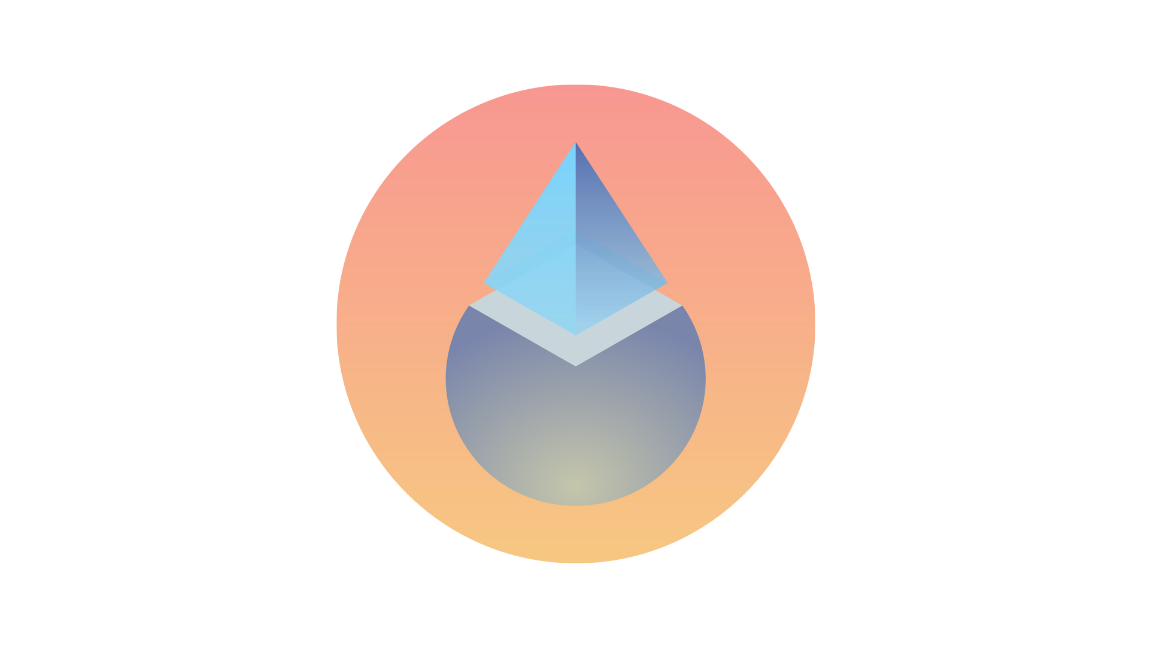
Lido DAO (LDO)
Lido DAO offers liquid staking, allowing users to stake tokens without locking them up. Users receive a replacement token that can be used in DeFi to earn additional yield. LDO is the governance token and gives holders voting rights over decisions such as protocol updates and budget allocation.
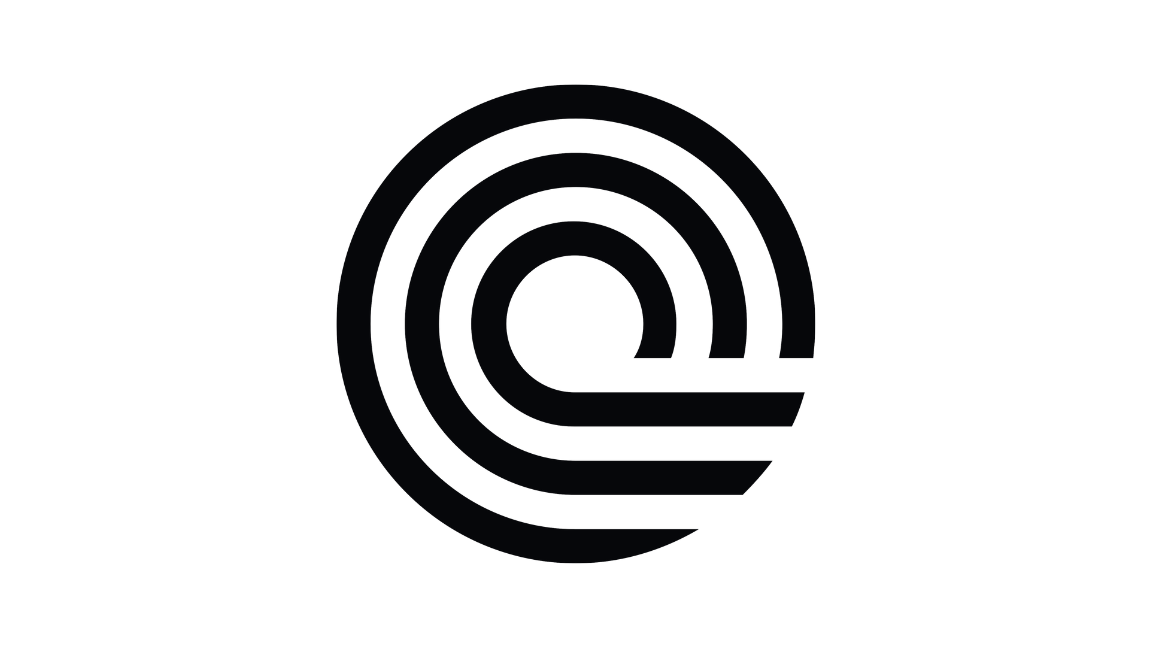
Ondo (ONDO)
Ondo Finance enables tokenization of real-world assets like bonds and real estate, making them accessible through blockchain. ONDO is the governance token used for voting on platform decisions. Ondo focuses on institutional investors and offers compliant, transparent DeFi solutions.
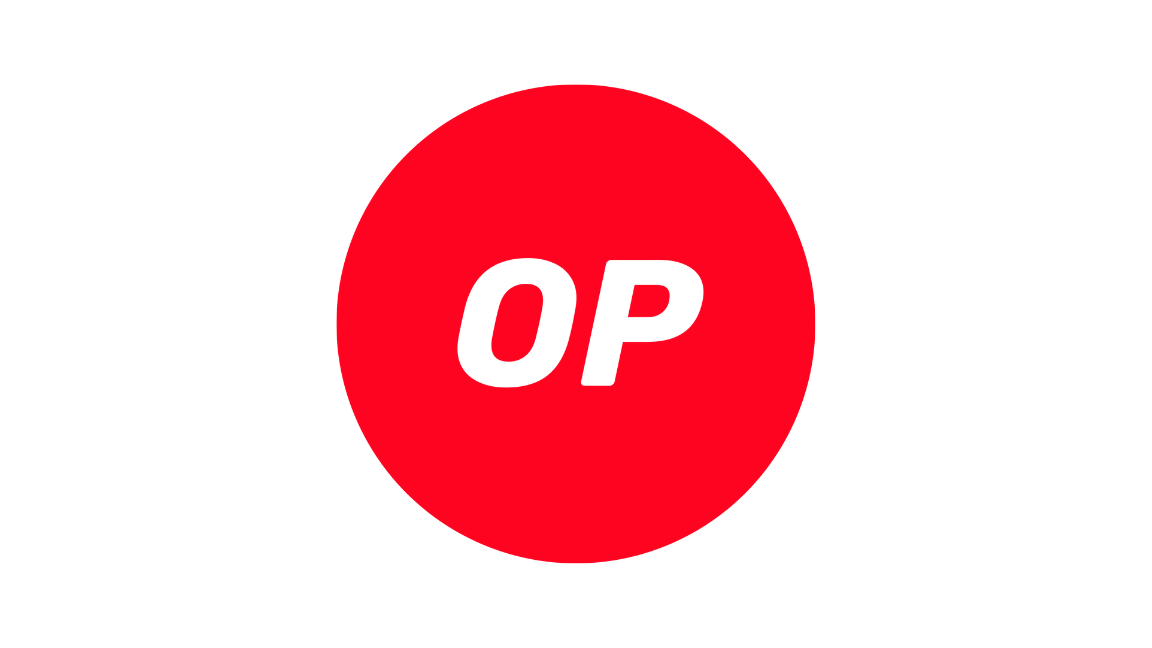
Optimism (OP)
Optimism is a layer-2 blockchain on Ethereum that uses optimistic rollups to make transactions faster and cheaper. The OP token gives holders voting rights over protocol changes. Optimism supports a wide range of decentralized applications while lowering costs and improving scalability.
Curve (CRV)
Curve is a decentralized finance (DeFi) protocol specialized in the efficient trading of crypto assets such as stablecoins and tokens. By using an optimized liquidity model, users can trade at relatively low costs and with minimal price slippage. The $CRV token plays a central role within the Curve ecosystem and is used for governance. CRV holders can vote on protocol changes and are rewarded for providing liquidity.
Pepe (PEPE)
Pepe is a so-called memecoin that originated from internet culture and online communities. Unlike many other crypto projects, Pepe does not aim to provide a specific technological use case or underlying protocol. The value of $PEPE is mainly driven by supply and demand, market sentiment, and community engagement. As such, Pepe symbolizes the speculative and cultural aspect of the crypto market.
Pump (PUMP)
Pump is a cryptocurrency strongly focused on community-driven adoption and market dynamics. Like other meme-related tokens, $PUMP derives most of its visibility from online activity and attention within the crypto community. The project does not have an extensive technical foundation such as its own blockchain or protocol, but instead reflects the accessibility and experimental nature of the broader crypto market. As a result, the value of $PUMP is highly dependent on market sentiment.
Ethena (ENA)
Ethena is a protocol within the DeFi ecosystem that focuses on creating a decentralized, crypto-native form of value storage. The project introduces a synthetic dollar designed to remain stable without relying on traditional banks. The $ENA token functions as the governance token within the Ethena ecosystem. ENA holders can participate in decision-making regarding the further development and parameters of the protocol.
Our website uses cookies
We use cookies to personalize content and advertisements, to offer social media features and to analyze our website’s traffic. We’ll also share information about your usage with our partners for social media, advertising and analysis. These partners can combine this data with data you’ve already provided to them, or that they’ve collected based on your use of their services.